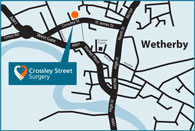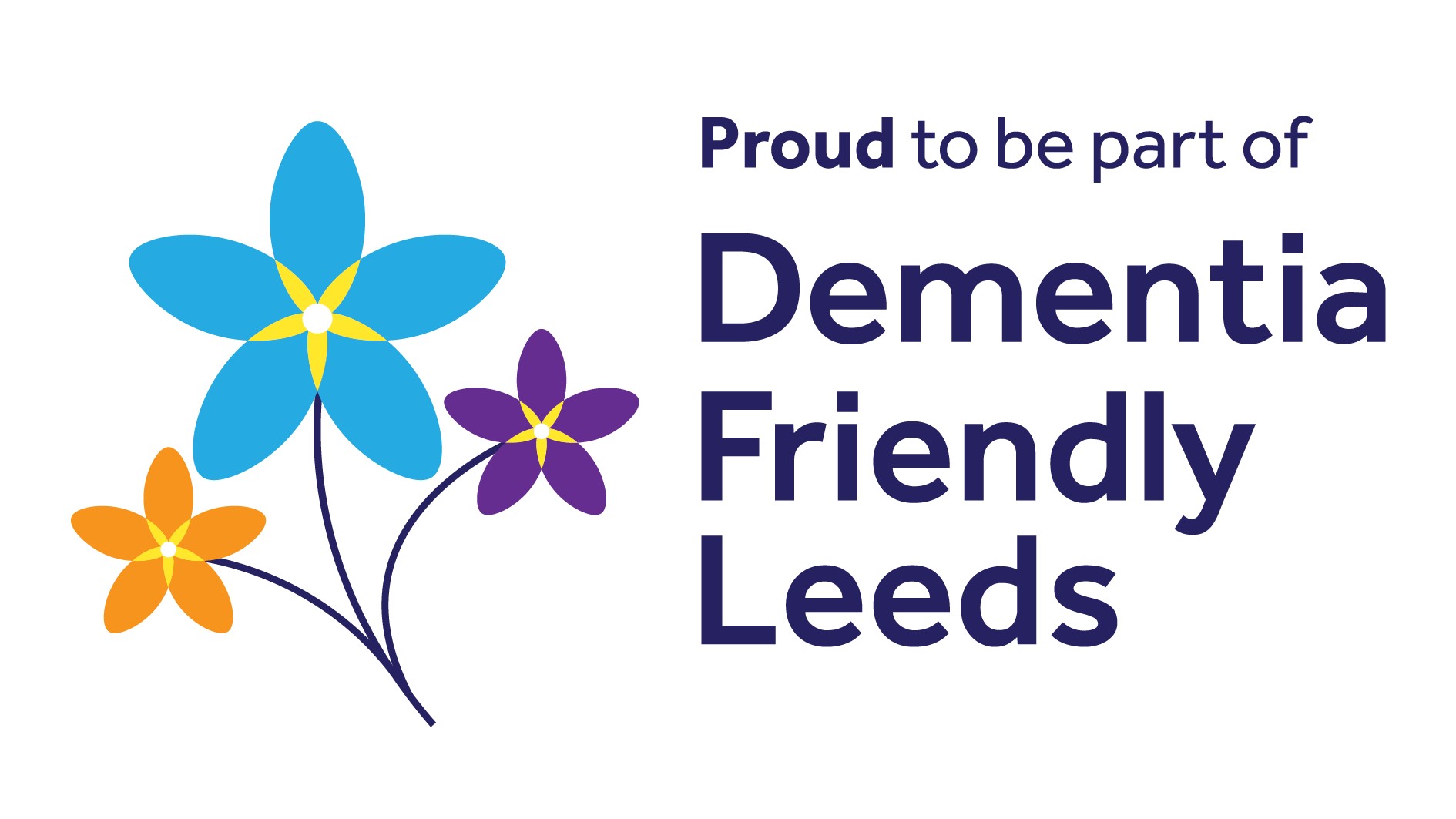Repeat Prescriptions Frequently Asked Questions
If you are already registered for ordering online you can click here to request your repeat prescription via SystmOnline.
If you would like to register for online ordering, please ask for more information in Reception.
The online method of requesting medications is secure, reliable and accurate. This is the method of requesting repeat medications that our practice recommends. Over 20% of our patients have already registered for online requests and the feedback is positive.
You can also request your repeat prescription using your request slip to indicate the items needed
- By post
- By placing in the request in the box situated in the entrance hall at the surgery
- Pharmacy Prescription Request Service
Some chemists offer to order repeat prescription on your behalf, once they have received your written consent. It is essential that you inform your chosen chemist of all changes to your medication so that they request the correct medication.
Nothing!
On an annual basis [or more frequently for some medications/conditions] the practice need to update your list of medications. This is known as a medication review. The date on the right hand side of the prescription acts as a prompt to the doctors, indicating that a review is due. Often the doctor is able to update the list from the computer record. You will not be contacted, but you will be able to request your medications as usual for the approved time.
Alternatively, you will receive a message on the top of your repeat prescription request slip asking you to book an appointment before your next prescription is due. The type of appointment needed should be clearly indicated – such as an appointment with the nurse for a pill check, appointment for a blood test with the Health Care Assistant [HCA], or a medication review with the doctor.
Please ensure that you book an appropriate appointment to avoid unnecessary delays to further prescriptions.
Your prescription can be requested up to 7 days early. In special situations, such as holidays, a prescription can be issued earlier. Please provide the appropriate information when making an early request to minimise delay.
Routine repeat prescriptions will be ready to collect after 4pm, 2 working days after the request was received by the surgery.
If any problems arise, such as an early request, the prescription may take slightly longer as it will need approval by your doctor. Please allow for this when making your request.
Prescriptions can be collected from the surgery.
All repeat prescriptions can be collected directly to the local chemist of your choice. Please contact your chosen chemist to organise.
Please allow 7 days when ordering a prescription to be collected from a pharmacy.
Please note that if a request is made for an item not on your repeat list, the doctor will need to review the request and ensure that it is appropriate before issuing. Depending upon the nature of the request a review with the doctor may be required first.
If the medication requested was not started by the GP please provide full details of who prescribed it, the hospital department, the name and strength of the medication and how often it is taken.
The practice will need to confirm this information with the hospital and therefore there may be a delay in getting the prescription issued.
Certain medications have a recommended maximum number of 28 days that can be allowed each time. This includes controlled drugs, medications that require regular monitoring and where compliance may be a concern.
Therefore, the recommendations are that the usual prescription length should be 28 days. We recognise that when medications are stable and monitoring established, prescription lengths up to 56 days may be appropriate.
If you are struggling with your medications please discuss it with your usual doctor, as we may be able to simplify your tablet regime.
Medications can be confusing, especially when the have to be taken at different times.
Often amending the duration of tablets to 28 days and trying to synchronise the medications so they only need to be requested once a month can also help considerably. Our reception staff will be happy to discuss how we can help.
If you are aware that your medications are for different durations, please let us know and we will try to amend it. This is a time consuming process, so please be patient if it does not occur immediately and feel free to remind us again. We may take your details and contact you if we are unable to help at the time of your request.
Some patients prefer to have their tablets in a medication compliance aid [MCA] provided by the chemists. This can be helpful for some patients, however it is essential that medications are stable when these are instigated, as it is not easy to alter the packs once they are made. Not all medications can be placed in an MCA as they need to be stored in a certain way or because they are taken on a flexible basis, which can lead to more confusion!
Always follow the instructions carefully. Some types of medication must be taken at regular intervals, while for others this is less important. In some instances, the medicine should be taken before, during or after a meal or snack. All medication should come with instructions that will explain the correct dosage and use. If you are uncertain about how to take your medicine ask your pharmacist for advice.
It is important to be aware of the following information about alcohol and its effects when taking any form of medication.
- Drowsiness caused by certain medications is made worse by alcohol. Therefore, alcohol should not be consumed while taking medication with this side effect. This will be stated on the label.
- Medication administered to combat alcoholism can cause severe reactions if consumed at the same time as even very small amounts of alcohol.
- Even if it is indicated that the medication does not cause drowsiness or react negatively to alcohol, everyone should be careful about drinking alcohol when they are unwell.
{/slider {slider=Is it safe to drive while taking medication? }
Some medication, such as sedatives, strong painkillers or antihistamines (commonly taken for allergies, hay fever or nettle rash), can cause drowsiness and may therefore affect your ability to drive. Other medicines may have an effect on your vision or concentration, which may also affect your ability to drive. Always read the information leaflet provided with your medicine to see if it may affect your ability to drive.
As a general rule, be careful about driving while taking any medication and always check with your pharmacist as to whether it is safe to drive.



